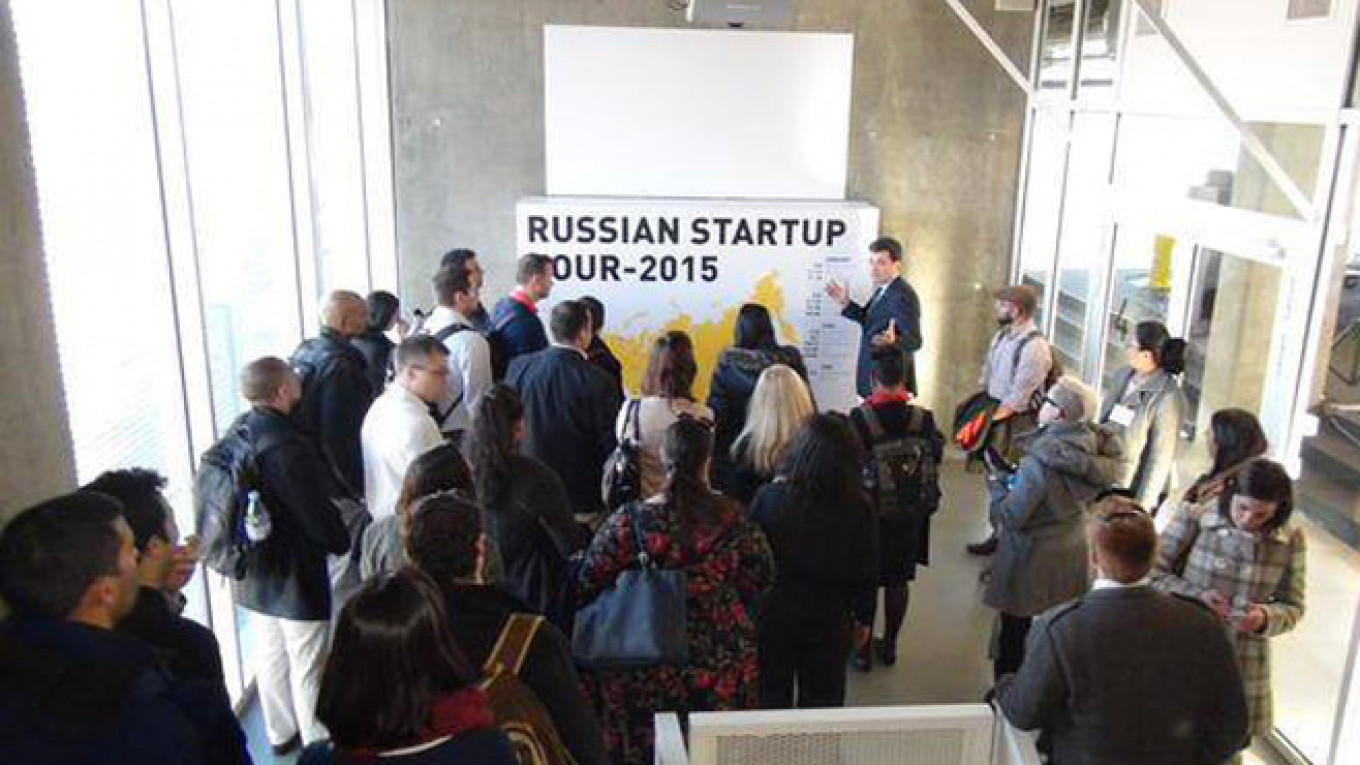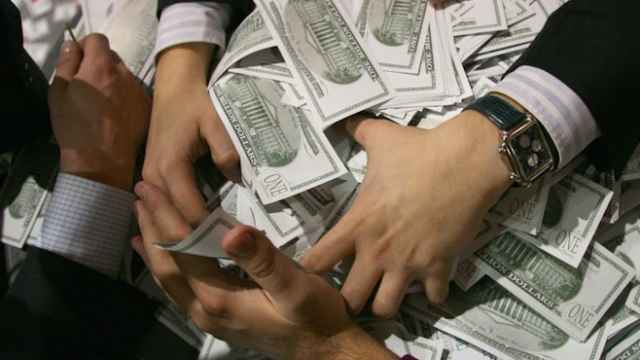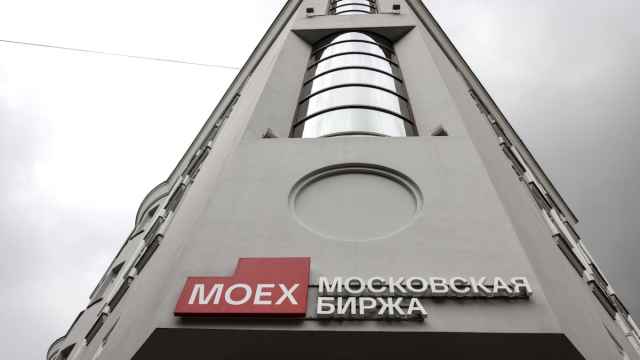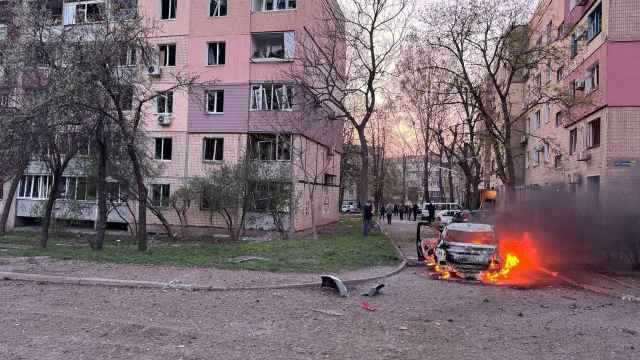The future chief executives of the United States see Russia as a "high-risk, high-reward" place to make money, at least according to a group of MBA students visiting Moscow last week from top U.S. university Rutgers.
Their optimism may seem strange, coming amid tit-for-tat sanctions between Moscow and the West and as Russia's oil-dependent economy barrels toward a deep recession this year. Many foreign companies think the risks outweigh the rewards — brewer Carlsberg, retailer Stockmann and, most recently, carmaker GM have all slimmed or shuttered operations in Russia in recent months.
But to the mid-20s MBA students, none of whom are Russia experts, the flight of top firms opens up a golden opportunity.
"This might be a good time to put your foot on the ground and block out any competitors," said student Sasha Jiwani.
Others emphasized the cyclical nature of Russia's past crises, saying that the country's vast natural resources and large population meant that eventually boom times would return.
"[Russia] is like anything, it fluctuates, it's down and then it's up. Nothing stays down forever," said MBA candidate Diane Hanna.
"A lot of us see [the ruble's collapse] as a huge opportunity … this is the time to be here" added fellow student John Reeves. The ruble has fallen over 40 percent this year, including a memorable 11 percent contraction over the course of one day in December.
Still, there were few takers when the students were asked whether they would put a hypothetical $100,000 into Russian investments.
In a whirlwind tour that saw the students visiting both big firms and tiny startups, no investment opportunities stood out, according to student Dan Schwartz. It's an issue more experienced investors have also faced — venture capital investment was just $622 million in 2013, according to Russian investment firm Rye, Man & Gor Securities, compared to $33 billion in the U.S. in the same year.
Politics has dominated Russia headlines since Moscow seized Crimea from Ukraine last year, but the theme was blissfully absent for the majority of the students. Citing the media's bias toward negative reporting, students emphasized business opportunities over Russia-West tension, saying that they would be eager to learn Russian.
This puts them at odds with established investors who are less relaxed about political risks. A January poll by Detail Communications, a Moscow-based financial communications firm, found that only 25 percent of investment bankers were confident in Russia, with political risks and geopolitical tensions listed as top priorities.
A poll taken by news agency Bloomberg in May, ahead of tough Western sanctions and a 50 percent fall in the price of oil, found that 56 percent of foreign investors believed Russia was a poor place to invest. At the time of the poll, 75 percent expressed pessimism over how President Vladimir Putin's actions might influence the investment climate.
Contact the author at s.skove@imedia.ru
A Message from The Moscow Times:
Dear readers,
We are facing unprecedented challenges. Russia's Prosecutor General's Office has designated The Moscow Times as an "undesirable" organization, criminalizing our work and putting our staff at risk of prosecution. This follows our earlier unjust labeling as a "foreign agent."
These actions are direct attempts to silence independent journalism in Russia. The authorities claim our work "discredits the decisions of the Russian leadership." We see things differently: we strive to provide accurate, unbiased reporting on Russia.
We, the journalists of The Moscow Times, refuse to be silenced. But to continue our work, we need your help.
Your support, no matter how small, makes a world of difference. If you can, please support us monthly starting from just $2. It's quick to set up, and every contribution makes a significant impact.
By supporting The Moscow Times, you're defending open, independent journalism in the face of repression. Thank you for standing with us.
Remind me later.






